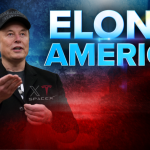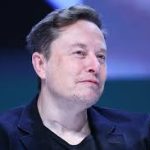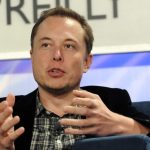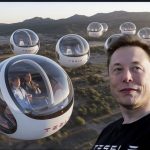Elon Musk’s $97.4 Billion Offer to Acquire OpenAI: What’s at Stake?
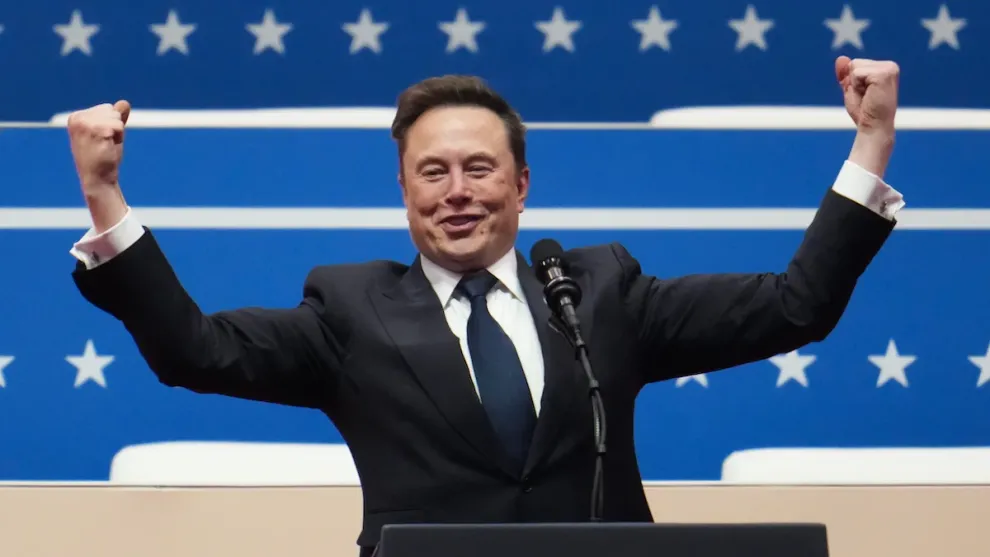
Elon Musk’s $97.4 Billion Offer to Acquire OpenAI: What’s at Stake?
Introduction: A Bold Move in AI and Technology
In a surprising development that sent shockwaves through the technology world, Elon Musk, the billionaire entrepreneur and founder of Tesla and SpaceX, made a staggering $97.4 billion offer to acquire OpenAI, one of the leading artificial intelligence research labs. OpenAI, initially founded in 2015 by Musk and a group of prominent tech figures including Sam Altman, Greg Brockman, and Ilya Sutskever, has grown to be one of the most influential organizations in the AI field. The move to acquire OpenAI is seen by many as Musk’s most ambitious investment in the future of technology, with far-reaching implications for the AI industry, society, and Musk’s own business ventures.
This offer follows Musk’s long-standing interest in artificial intelligence and his belief in its potential to revolutionize industries, enhance human capabilities, and solve some of the world’s most pressing challenges. However, the acquisition also raises questions about the future direction of OpenAI, its ethical considerations, and what Musk’s control over the organization could mean for the rapidly advancing AI landscape. With Musk’s history of disrupting industries and making bold, often controversial moves, this acquisition could be a game-changer for both Musk’s portfolio and the world of AI.
What Musk Sees in OpenAI: A Vision for the Future of AI
Musk’s offer to acquire OpenAI is grounded in his belief that artificial intelligence has the potential to fundamentally transform how we live, work, and interact with technology. Musk has been an outspoken advocate for both the promise and the risks of AI. In the past, he has warned about the potential dangers of AI if not properly controlled, calling it “the biggest risk we face as a civilization.” This has made his decision to acquire OpenAI particularly intriguing, as it represents a significant shift from his previous stance of caution to one of direct involvement in shaping the future of AI.
OpenAI, originally established as a non-profit organization, has since transitioned into a for-profit model, with its primary focus on developing AI technologies that are safe, ethical, and beneficial to humanity. OpenAI’s innovations, such as the development of GPT-3 (the language model that powers chatbots like ChatGPT), have already revolutionized natural language processing, creating vast new possibilities for businesses, governments, and consumers alike. Musk’s interest in acquiring the organization likely stems from his desire to harness OpenAI’s cutting-edge research and technology for his own ventures, particularly in areas where AI can play a pivotal role, such as autonomous driving, space exploration, and energy efficiency.
One of the main reasons Musk may want to gain control over OpenAI is the potential to accelerate AI development within Tesla, SpaceX, and his other ventures. Tesla’s efforts in autonomous driving heavily rely on AI to power its self-driving algorithms and improve the safety and performance of its vehicles. By acquiring OpenAI, Musk could bring the company’s advanced machine learning and neural network technology in-house, allowing Tesla to further enhance its autonomous driving capabilities. Additionally, SpaceX’s goals of advancing space exploration and achieving sustainable life on Mars could benefit from AI-powered systems in areas such as robotics, communication, and resource management. Musk’s purchase of OpenAI could provide the technological edge that ensures these projects stay at the forefront of innovation.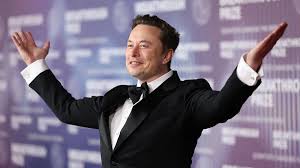
The Financial and Strategic Implications of the Offer
Elon Musk’s $97.4 billion offer to acquire OpenAI is not just a financial transaction; it represents a significant strategic move in the growing AI industry. The $97.4 billion price tag is substantial but not surprising, given OpenAI’s increasing prominence in the tech world and the high value placed on AI technology. The acquisition would give Musk control over one of the most advanced and well-funded AI research labs in the world, solidifying his position as a leader in both AI and technological innovation.
The deal would also have significant implications for Musk’s other ventures, especially Tesla. Tesla has long been at the forefront of autonomous vehicle development, and AI plays a central role in improving the company’s self-driving capabilities. By acquiring OpenAI, Musk could directly integrate the latest AI research into Tesla’s software systems, providing a competitive edge over other automakers in the race to develop fully autonomous vehicles. Additionally, Tesla’s energy division could benefit from OpenAI’s advancements in machine learning and predictive algorithms, potentially improving the efficiency of energy storage and grid management systems.
In the broader context, Musk’s acquisition of OpenAI could also shape the future of AI research itself. OpenAI is renowned for its commitment to ethical AI development, and its research has the potential to benefit society in areas such as healthcare, climate change, and education. Musk’s involvement could steer OpenAI toward a more commercial, profit-driven approach, raising questions about the organization’s priorities and the potential risks associated with prioritizing corporate interests over societal good. It remains to be seen how Musk’s control would impact OpenAI’s direction and whether the company would continue to focus on its original mission of ensuring that artificial general intelligence (AGI) benefits all of humanity.
What’s at Stake for OpenAI and the AI Industry
The potential acquisition of OpenAI by Musk raises important questions about the future of artificial intelligence and the role that large corporations and individual billionaires will play in shaping the development of this transformative technology. OpenAI’s mission has always been to promote the safe and responsible development of AI, and its transition from a non-profit to a for-profit model was driven by the need for large-scale funding to compete with other AI research labs. However, Musk’s involvement with OpenAI could bring about a shift in its priorities, potentially leading to a stronger focus on profitability rather than purely advancing the public good.
One of the central concerns is the potential for Musk’s acquisition to stifle competition in the AI sector. OpenAI has been a leader in the development of open-source AI technologies, and its research has been widely shared with the public to promote transparency and collaboration. Musk’s control over OpenAI could alter the organization’s approach to research and development, possibly limiting the availability of its technologies or steering its efforts in a direction that benefits Musk’s business interests. This could have broader implications for the AI industry, where open collaboration and knowledge sharing have been vital for innovation.
Another important consideration is the ethical dimension of AI development. Musk’s past statements about AI have been cautionary, warning about the dangers of unregulated and unchecked AI systems. Yet, by acquiring OpenAI, Musk would be taking on a leadership role in a company that is responsible for some of the most advanced AI systems in the world. His views on AI ethics and governance would play a central role in shaping the direction of OpenAI’s work. This raises the question of whether Musk’s perspective on AI—often marked by his desire for innovation and rapid progress—aligns with the responsible development of AI technologies that ensure safety, fairness, and transparency.
Conclusion: The Future of AI Under Musk’s Control
Elon Musk’s $97.4 billion offer to acquire OpenAI is a bold and potentially transformative move that has the potential to reshape the future of artificial intelligence. If the deal goes through, Musk will gain control over one of the world’s most powerful and influential AI research labs, enabling him to integrate cutting-edge AI technologies into his various ventures, including Tesla, SpaceX, and others. However, this acquisition also raises important questions about the future direction of OpenAI, the ethics of AI development, and the role of billionaires in shaping the technological landscape.
As Musk continues to push the boundaries of what is possible with AI, it will be crucial to monitor how his acquisition of OpenAI impacts the field of artificial intelligence and its potential to benefit society. While the move could accelerate the development of AI-powered solutions in sectors such as transportation, energy, and space exploration, it also carries risks that must be carefully managed to ensure that AI remains a force for good in society. Only time will tell what’s truly at stake, but one thing is clear: Musk’s involvement in AI is far from over, and his influence will continue to shape the future of technology for years to come.

